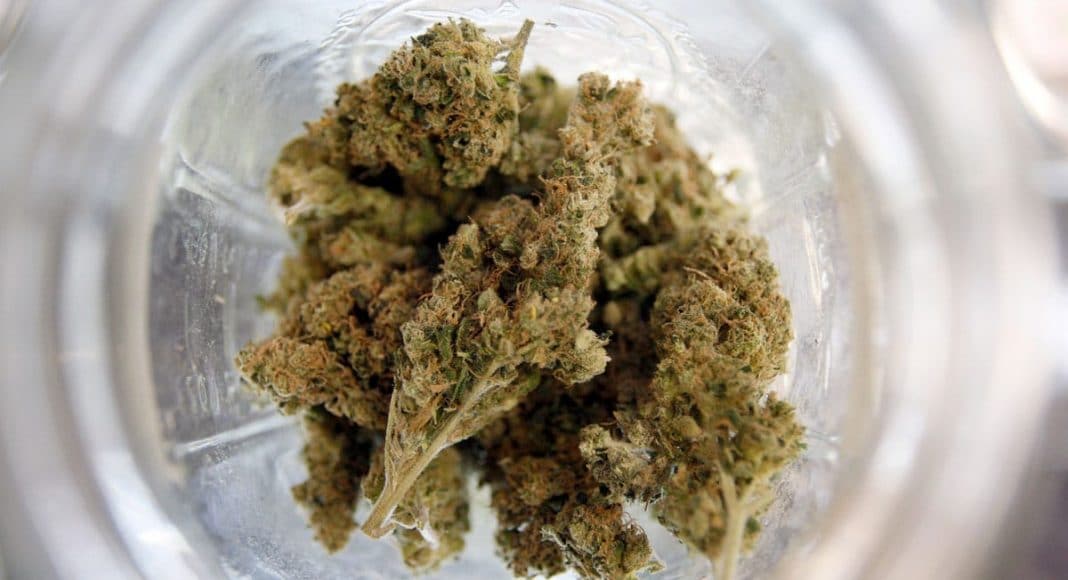In a report titled “Contact High,” researchers at California State University and University of Wisconsin looked at the impact of cannabis legalization in Denver, specifically at property values. The report is making the round in Colorado Springs, where they are considering changing policy to allow retail recreational cannabis stores.
-
Related Story: Colorado Marijuana DUIs Down One Third From 2016
The results are outstanding. The values of homes within .1 miles of a cannabis store had increased in value, and there was quite a difference in the value of homes in the surrounding area as well. The report’s authors said, “Our results indicate that retail conversion has a large positive impact on neighboring property values after controlling for property attributes and neighborhood characteristics.”
Retail conversion was the only way to fly if you wanted to operate a recreational pot shop when the law was first enacted. It meant that only existing medical marijuana stores could convert to recreational. There was no from the ground up to start. 103 retail conversion licenses were given out the first year.
The report found that single family residences went up in value over eight percent, which averages out to a $27,000 increase, nothing to sneeze at and considerably more than what houses .1-.25 miles away were pulling in – they weren’t even impacted by the converted stores.
Housing supply and job growth were factored into the report as were potential explanations for property value increases outside of simple proximity to legal weed. Things like surges in job growth related to increased cannabis workplaces, lower crime rates and being near other amenities were also considered before calculating results.
“Taken together, an increase in marijuana-related jobs, a tightened housing market, as well as the evidence we present that the housing stock near (within .1 mile) of a medical dispensary is relatively lower valued than other housing stock all combine to provide a story that there were many competitive buyers for the more affordable units in the city and the fact that they are located near retail dispensaries is not considered a disamenity,” wrote the researchers, “In fact, if many of these buyers have marijuana-related jobs, living near a retail dispensary could be considered an amenity.”
The study has the potential to impact home buyer decisions in legal states, especially those that are freshly recreational or those to come. And though it’s pinpointed at one location and with one focus, its results are great news for the cannabis industry.


